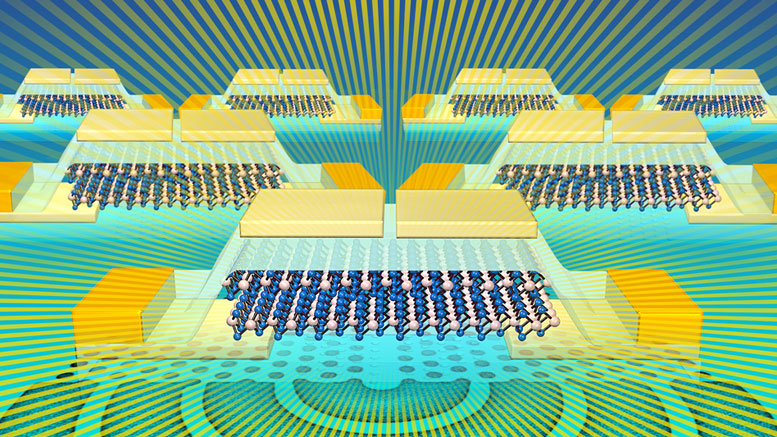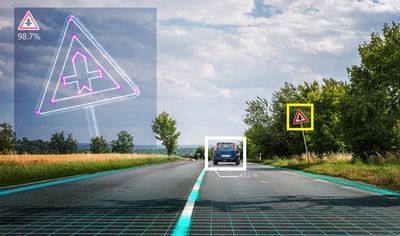TECHNOLOGY FOCUS
Optical sensors are used to detect light for a large number of applications. These include object detection for robotic vehicles and advanced driver assistance systems (ADAS), optical position sensing, spectroscopy, surface characterization, optical communications, medicine and medical imaging, gas sensing, aerospace, drones, robots and many others. After conversion of light signal into an electrical signal a low noise transimpedance amplifier (TIA) is mostly used to convert the current signal into a voltage.
Proper signal conditioning and low noise signaling is required in order to prepare the received signal for conversion into a digital signal that can be processed later in the digital domain.
Depending on their application area and the requirements, optical sensors must be very sensitive and/or high-speed. In some cases, where they have to fulfill both requirements at the same time, their realization becomes even more challenging.


COURSE CONTENT
This 2-day course provides an overview of relevant photodetectors manufactured with different materials and processes, which are increasingly in use in many modern and innovative products such as LiDAR, optical communication, or others.
Advanced discrete and integrated techniques and technologies as Analog/RF-Frontend topologies, Discriminator, ADC/TDC, ASIC process technology (CMOS, BiCMOS) as well as (Co-) Packaging will be addressed in more detail.
WHO SHOULD ATTEND
This is a course about the realization of optical sensors including the photodetector, low noise interface front-end electronics and digitization of the signal. Because optical sensors are mostly used in multi-disciplinary products, it is of interest for technical staff of different disciplines. They need to understand details and consider optimization on the higher product level and not only locally on a single discipline level. In general, it will be of interest to:
- Engineers, Physicists, Optics Experts, Scientists, Technical Staff as well as Students
- System Architects, Project Managers and Technical Managers
- Business Development Managers, Marketing Managers, who plan to be involved in specification and development of multi-disciplinary optoelectronic products and want to do business with them with fast Time to Market.

Day 1
Photodetectors
- Introduction of discrete and integrated Photodetectors
- Physical Principles and Technologies
- Light power and wavelength sensitivity, materials
- Noise sources, sensitivity, and speed
Day 2
Electronic Interface and Signal Conditioning
- Low noise and high-speed electronic Interfacing of Photodetectors
- Discrimination topologies
- Topologies for Analog to Digital Converters (ADC) and Time to Digital Converters (TDC)
- Discrete (with off-the-shelf components) and integrated (ASIC) Realization
- ASIC Integration Technologies and Challenges

